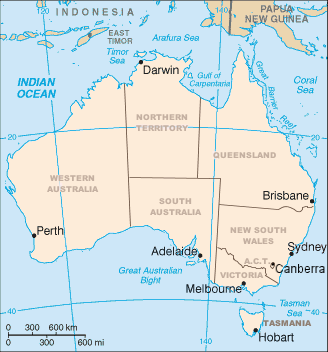Over the weekend, President Obama traveled to Panama City for the Summit of the Americas. The White House reports:
This past week, President Obama participated in the seventh Summit of the Americas, in Panama City, Panama. The Summit of the Americas is a tradition that brings together the leaders of North and South America to discuss issues that impact the Americas. President Obama’s participation in the Summit highlights the continuing commitment of the U.S. to upholding the role that independent civil society and the private sector play in a shared democratic agenda.
While in Panama City, President Obama participated in a CEO summit along with prominent business executives and heads of state from Brazil, Canada, Chile, Colombia, Costa Rica, El Salvador, Guatemala, Jamaica, Mexico, Panama, Peru, and Trinidad and Tobago.
During the Summit, President Obama sat down with Brazilian President Dilma Rousseff. The two discussed shared priorities, like food security and climate change.
President Obama also sat down with Panamanian President Juan Carlos Varela to discuss the partnership between the U.S. and Panama on security, the economy, and education, and how they could further deepen ties between the two countries.
Additionally, in a historic first, President Obama met with Cuban President Raul Castro, in their first full meeting since the U.S. decided to chart a new course in relations with Cuba.

President Barack Obama participates in a pull-aside with Cuban President Raul Castro during the Summit of the Americas Second Plenary Session at the Atlapa Convention Center in Panama City, Panama, April 11, 2015. (Official White House Photo by Amanda Lucidon)
President Obama and President Castro discussed our shared histories, and the significant change in policy and the relationship between our two countries. Both leaders agreed that the majorities of the American people and Cuban people had responded positively to the thaw in relations.
“This is obviously a historic meeting.”
– President Obama on his first full meeting with Cuban President Raul Castro
President Obama announced that both Cuba and America were working on the next step in normalizing diplomatic relations between the U.S. and Cuba, and were working to open embassies in both Havana and Washington, D.C.



 backlash against what many perceive to be vitriolic political speech in this country. This prompted an equally swift defensive pushback from those who felt their side of the political debate was being unfairly blamed for the act of a person who they argued was clearly mentally-disturbed
backlash against what many perceive to be vitriolic political speech in this country. This prompted an equally swift defensive pushback from those who felt their side of the political debate was being unfairly blamed for the act of a person who they argued was clearly mentally-disturbed